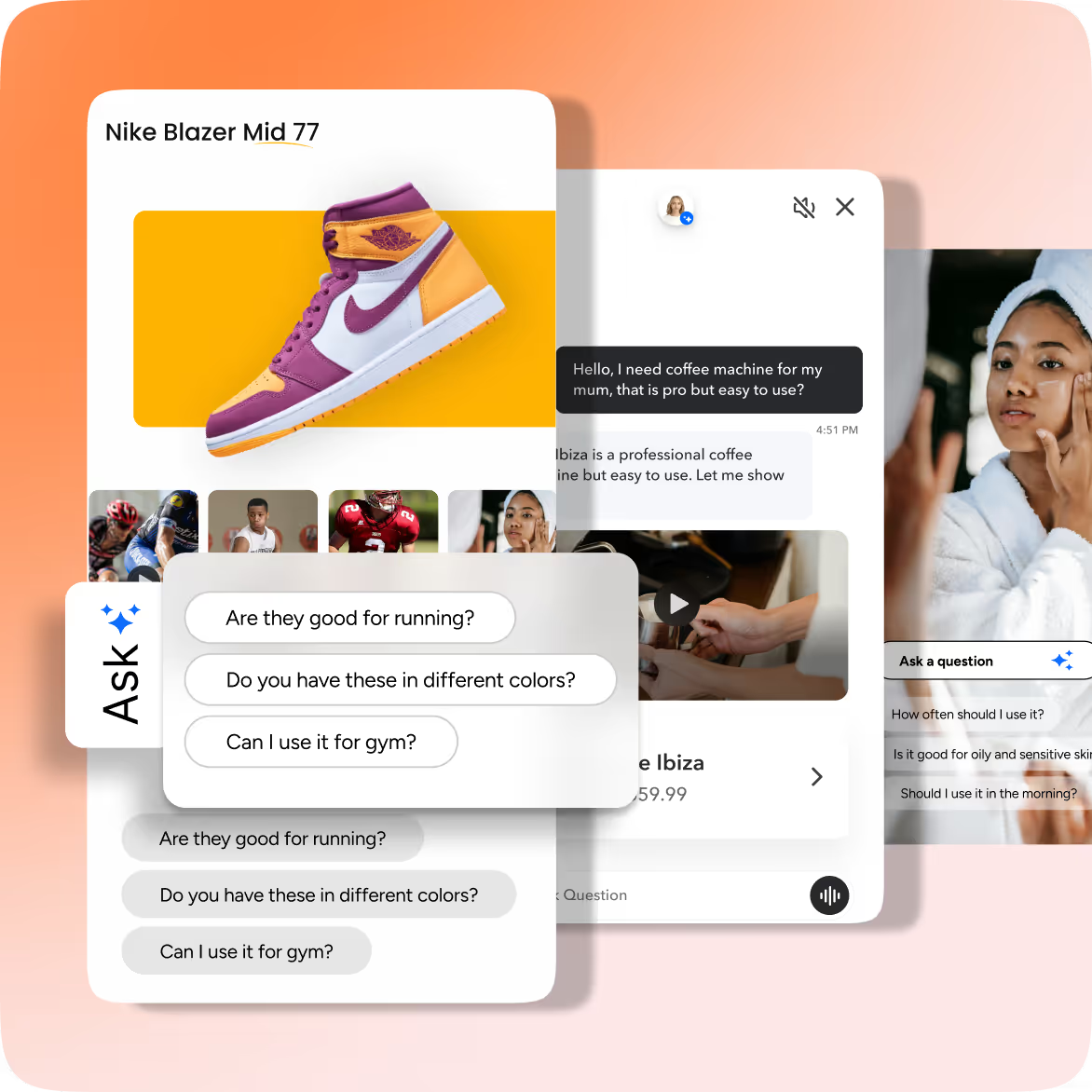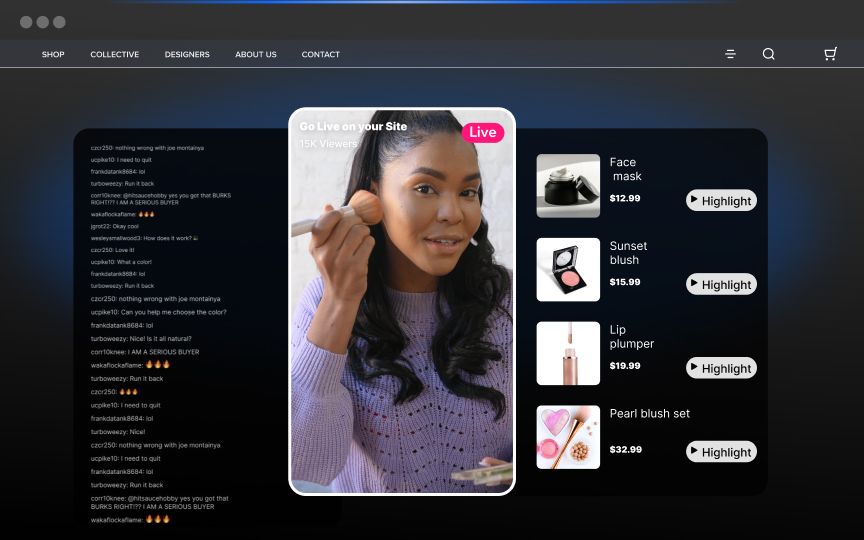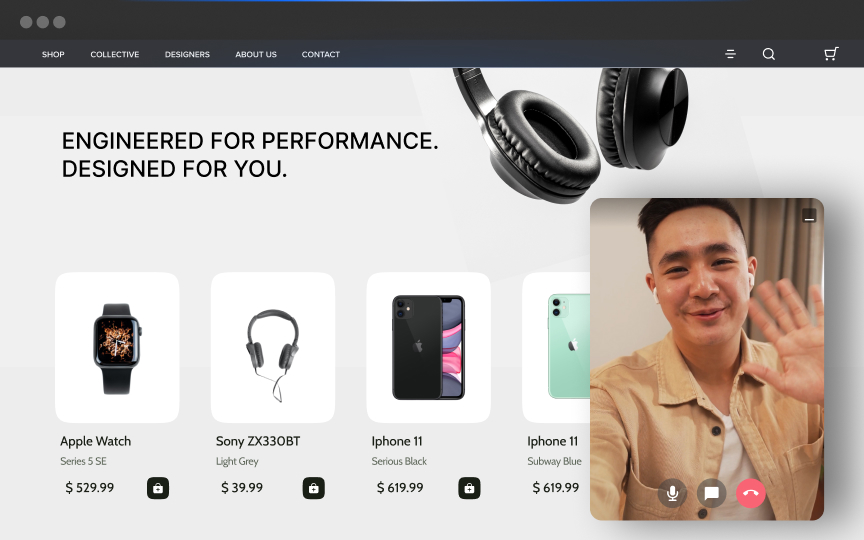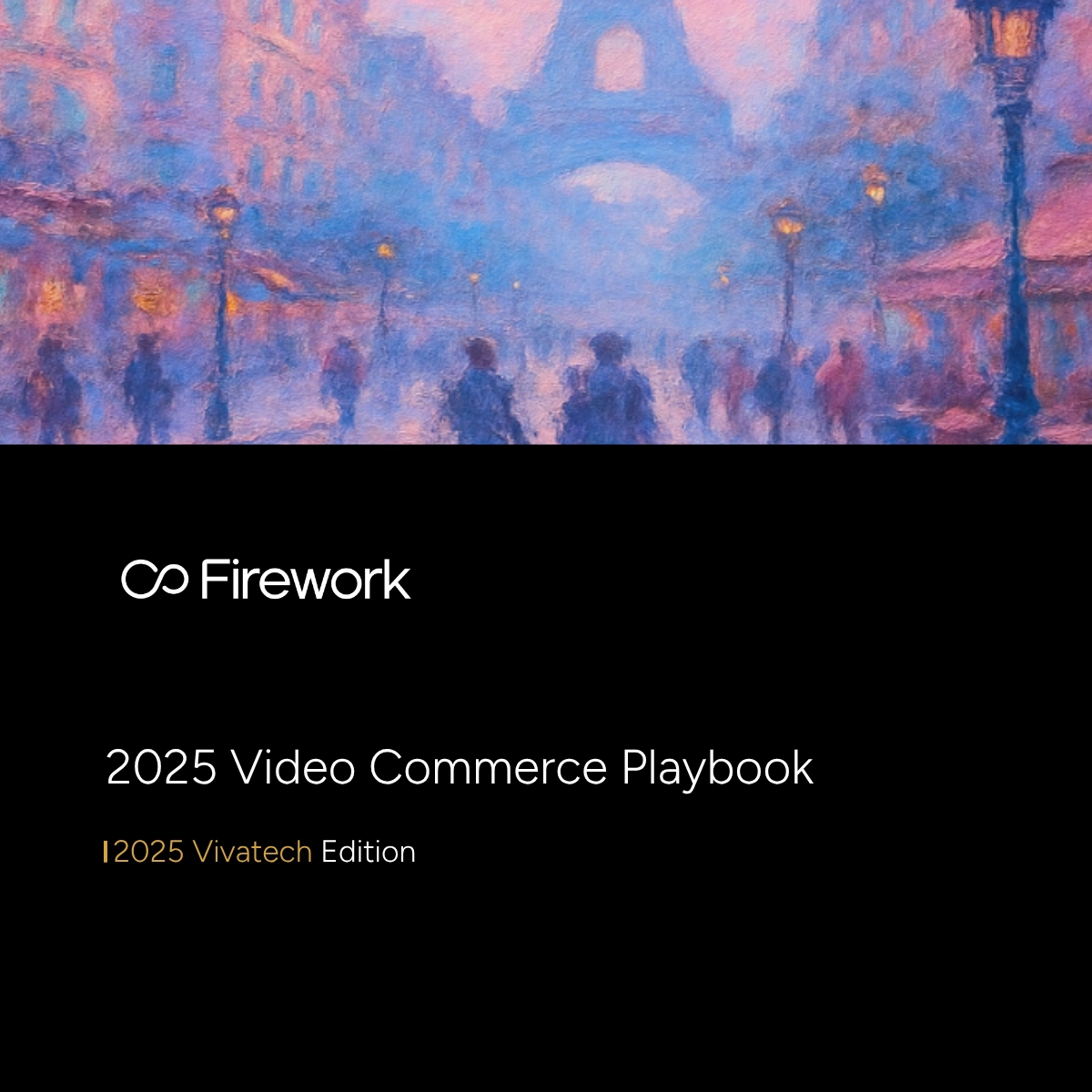Choosing the right content creation partner is crucial for your customer engagement strategy. When deciding between agencies and freelancers, your choice impacts how well you meet business needs, stay within budget, and achieve strategic goals. Each model offers distinct advantages in flexibility, scalability, and planning. This guide helps you determine which approach best suits your situation, whether you're a nimble startup or an established brand requiring consistent, large-scale content production.
Agencies vs Freelancers
When considering outsourcing your content creation, it's crucial to understand the two primary models available: agencies and freelancers. Each offers distinct advantages and operational structures that can significantly impact your content strategy.
Defining Agencies and Freelancers
Content creation agencies operate with well-defined organizational structures, distributing responsibilities across specialized teams. These agencies typically follow a hierarchical model with upper management overseeing finance, marketing, and product development. The creative process is handled by dedicated teams, each focusing on specific aspects of content creation.
A typical agency structure includes:
- Upper management for strategic direction
- Creative operations teams for workflow optimization and project management
- Specialized teams for writing, editing, design, and SEO
Agencies often adopt one of three structural models:
- Centralized: All content activities are consolidated under a single team, ensuring consistency.
- Decentralized: Content responsibilities are distributed across different departments.
- Hybrid: Combines elements of both centralized and decentralized approaches for flexibility.
On the other hand, freelancers are independent professionals who handle multiple aspects of content creation themselves. The freelance model encompasses a solo operation where one person manages everything from content production to client communication and business development.
Key differences in operational structure include:
- Agencies have multi-tiered teams; freelancers work independently
- Agencies offer specialized expertise across various roles; freelancers provide focused individual talent
- Agencies have structured workflows; freelancers offer more flexible, direct collaboration
Common Uses and Applications of Agencies vs Freelancers
Businesses engage agencies and freelancers for different scenarios based on their specific needs and project requirements.
When to Consider Agencies:
- Large-scale content needs and ongoing campaigns
- Complex, multi-disciplinary projects requiring diverse expertise
- Situations demanding consistent branding across multiple formats
- Enterprise-level needs in content-heavy sectors
For example, a global e-commerce company might hire an agency to manage shoppable video content across various channels, ensuring brand consistency and handling high-volume production.
When to Consider Freelancers:
- Specialized or niche content requirements
- Short-term or one-off projects
- Situations benefiting from direct creator-client collaboration
- Budget-conscious startups or small businesses needing flexibility
A tech startup, for instance, might engage a freelance writer with specific industry knowledge to create a series of technical blog posts.
Content-heavy sectors often employ a hybrid approach, using agencies for large-scale, ongoing needs while turning to freelancers for specialized tasks or to supplement agency work during peak periods.
Understanding these models and their applications is crucial for businesses to make informed decisions about their content creation partnerships. Whether you opt for the comprehensive resources of an agency or the specialized skills of a freelancer depends on your specific content goals, budget, and operational preferences.
Comparison of Agencies vs Freelancers
When it comes to content creation, the choice between agencies and freelancers can significantly impact your strategy's flexibility, scalability, and overall success.
Cost Implications of Agencies vs Freelancers
The cost structures for agencies and freelancers differ considerably:
Agencies:
- Often operate on retainers, package rates, or project-based pricing
- Higher upfront costs due to overhead from staffing and infrastructure
- May include additional fees for revisions or rushed projects
- Typically require minimum commitments, which can be costly if needs change
Freelancers:
- Usually charge per word, per article, hourly, or per project
- Generally offer lower rates, especially for small-scale projects
- More flexible pricing models with no ongoing commitments
- May require multiple hires for complex projects, potentially increasing overall costs
While freelancers' rates appear lower at first glance, the total cost can increase when hiring multiple specialists for complex projects. Agencies, on the other hand, offer comprehensive services that may provide better value for large-scale, ongoing needs.
Flexibility and Scalability: Agencies vs Freelancers
Freelancers:
- Highly flexible, adapting quickly to changing project scopes and deadlines
- Offer direct collaboration, allowing for rapid adjustments and agile content creation
- Provide specialized expertise in niche topics
- Limited by individual bandwidth, which can constrain scalability
As one expert notes, "Freelancers offer agility and specialization, making them ideal for short-term projects and quick content refreshes."
Agencies:
- Follow structured workflows that ensure coordinated teamwork and quality assurance
- Can allocate more resources quickly to urgent or complex projects
- Designed to handle large-scale, multi-channel content production
- May be less flexible day-to-day due to established processes
Agencies shine when it comes to scalability. They're built to manage ongoing content strategies and large projects, ensuring consistency in tone, branding, and output quality, even at high volumes. For businesses implementing innovative strategies like digital showrooms, agencies can provide comprehensive solutions.
Quality and Expertise in Agencies vs Freelancers
Freelancers:
- Often deliver specialized, innovative content in niche markets
- Quality and consistency can vary, especially when multiple freelancers work on the same brand
- Self-editing and direct client feedback loops are common quality control methods
Agencies:
- Use multiple layers of review (writers, editors, strategists, QA) for consistent deliverables
- Offer broader expertise across multiple disciplines
- Maintain uniform brand voice and editorial standards through standardized guidelines
Agencies have built-in quality control processes, while freelancers provide specialized expertise but may vary in consistency.
Management and Compliance Considerations Between Agencies and Freelancers
Freelancers:
- Require more direct client oversight and management
- Present higher risks of misclassification, potentially leading to legal and financial consequences
- May have limited data protection infrastructure, increasing security risks
Agencies:
- Provide dedicated account managers, reducing the client's management burden
- Lower misclassification risks due to their corporate entity status
- Often have more sophisticated data protection practices and compliance measures in place
When working with agencies, businesses typically deal with Master Service Agreements (MSAs) and Statements of Work (SOWs), which provide a comprehensive contractual framework. Freelancer agreements, while simpler, require careful attention to independent contractor status and intellectual property rights.
For both models, clear documentation of deliverables, timelines, and acceptance criteria is crucial to avoid disputes and ensure smooth collaboration.
The choice between agencies and freelancers depends on your specific needs, budget, and long-term content strategy. Agencies offer scalability, consistency, and comprehensive project management, making them suitable for large-scale, ongoing content needs. Freelancers provide flexibility, specialized expertise, and cost-effectiveness for short-term or niche projects. Many businesses find success in combining both models, leveraging the strengths of each to optimize their content creation process.
Pros and Cons Analysis: Agencies vs Freelancers
When deciding between agencies and freelancers for your content creation needs, it's crucial to weigh the advantages and disadvantages of each model.
Advantages and Disadvantages of Agencies
Advantages:
- Comprehensive service capabilities: Agencies offer a full suite of content creation services, from strategy to execution, all under one roof.
- Brand consistency assurance: With dedicated teams and established processes, agencies excel at maintaining a uniform brand voice across multiple projects and channels.
- Project management infrastructure: Agencies come with built-in project management, reducing the administrative burden on your team.
- Scalability: They have the resources to handle large volumes of content and complex, multi-channel campaigns.
- Team-based resources: Access to diverse expertise allows agencies to tackle multifaceted projects effectively.
- Built-in quality control: Multiple layers of review and editing ensure high-quality deliverables.
Disadvantages:
- Higher costs: Agency services often come with a premium price tag due to overhead and comprehensive offerings.
- Less flexibility for rapid changes: Structured processes can make quick pivots challenging.
- Potential for less personalized service: With multiple clients, agencies may not offer the same level of personal attention as freelancers.
- More rigid processes: Established workflows can sometimes limit creativity or adaptability.
Advantages and Disadvantages of Freelancers
Advantages:
- Cost-effectiveness: Freelancers typically offer more competitive rates, especially for smaller projects or businesses with limited budgets.
- Direct creator relationships: You work directly with the person creating your content, fostering clear communication and understanding.
- Specialized expertise: Many freelancers are niche experts, offering deep knowledge in specific industries or content types.
- Flexibility: Freelancers can often accommodate last-minute requests or changes more easily than agencies.
- Adaptability to unique project needs: Without rigid corporate structures, freelancers can tailor their approach to your specific requirements.
Disadvantages:
- Limited bandwidth: Individual freelancers can only handle so much work, which may not be sufficient for high-volume needs.
- Potential inconsistency across multiple freelancers: If you need to hire several freelancers, maintaining a consistent brand voice can be challenging.
- Management burden: Working with freelancers often requires more hands-on management from your team.
- Business continuity risks: Relying on a single freelancer can be risky if they become unavailable or leave the project.
- Compliance challenges: Ensuring proper classification and managing tax implications can be more complex with freelancers.
When considering the freelance model, it's important to understand that it means working with independent professionals who handle various aspects of content creation themselves. This can lead to a more personalized experience but may also require more oversight on your part.
By weighing these pros and cons against your specific needs, budget, and project scope, you'll be better equipped to choose the right content creation partner for your business. Remember, there's no one-size-fits-all solution—the best choice depends on your unique circumstances and goals. For businesses looking to enhance their content strategies with innovative solutions like interactive video commerce, the right partnership is essential.
Choosing Between Agencies and Freelancers
When choosing between agencies and freelancers for your content needs, it's crucial to have a structured approach to assess your specific situation. This framework will guide you through identifying your business needs and help you determine when to choose an agency or a freelancer.
Identifying Business Needs
Before deciding between an agency or a freelancer, ask yourself these strategic questions to understand your priorities:
- What volume of content do you need?
- How complex are your projects?
- What's your budget?
- Do you need specialized expertise or comprehensive service?
- How important is brand consistency?
- Do you have internal resources for management?
Your answers to these questions will help guide you towards the most suitable content creation model for your business.
When to Choose an Agency
Consider partnering with an agency in the following scenarios:
- Large-scale content needs: If you require high volumes of content or ongoing campaigns, agencies are equipped to deliver consistent, high-quality output at scale.
- Complex, multi-disciplinary projects: When your projects require a mix of skills such as writing, SEO, graphic design, and video production, agencies can provide comprehensive solutions under one roof.
- Brand consistency is critical: Agencies use team-based structures and quality control processes to maintain a uniform brand voice across all deliverables.
- Limited internal management resources: If you don't have the capacity to closely manage content creation, agencies offer dedicated account managers and structured project management.
- Long-term, strategic campaigns: For ongoing content strategies or large projects planned over an extended period, agencies provide the necessary infrastructure and continuity.
For example, a major retail brand planning a product launch involving video ads, blogs, social campaigns, and email marketing would benefit from an agency's full suite of content creation, creative direction, and analytics reporting capabilities, potentially incorporating cutting-edge video commerce solutions.
When to Choose a Freelancer
Opt for a freelancer in these situations:
- Specialized niche content: When you need expert content in a specific area, freelancers often offer deep expertise in particular subjects or industries.
- Limited or experimental budgets: Freelancers generally have lower overhead costs, making them more cost-effective for smaller projects or when testing new content strategies.
- Short-term or one-off projects: For ad hoc content needs or short-duration campaigns, freelancers offer flexibility without long-term commitments.
- Direct collaboration is valued: If you prefer to work closely with the content creator and provide hands-on input, freelancers offer more direct communication.
- In-house management capacity: When you have the resources to oversee content creation and coordinate with individual creators, freelancers can be a good fit.
For instance, a tech startup needing technical blog posts for a new product launch might benefit from hiring a freelance writer with specific industry knowledge and the ability to work closely with the product team.
By carefully considering your business needs and the strengths of each model, you can make an informed decision that aligns with your content strategy and organizational capabilities. Remember that as your needs evolve, you may find that a combination of both agencies and freelancers provides the optimal solution for your content creation requirements.
Ready to Transform Your Content Strategy?
Take your content creation to the next level with the right partners and tools. Contact Firework today to learn how our video commerce solutions can work seamlessly with your chosen content model to deliver exceptional customer experiences.
Unlock Exclusive Insights
By submitting this form, you agree to Firework's privacy policy and consent to receive personalized marketing communications. You can unsubscribe at any time.




























